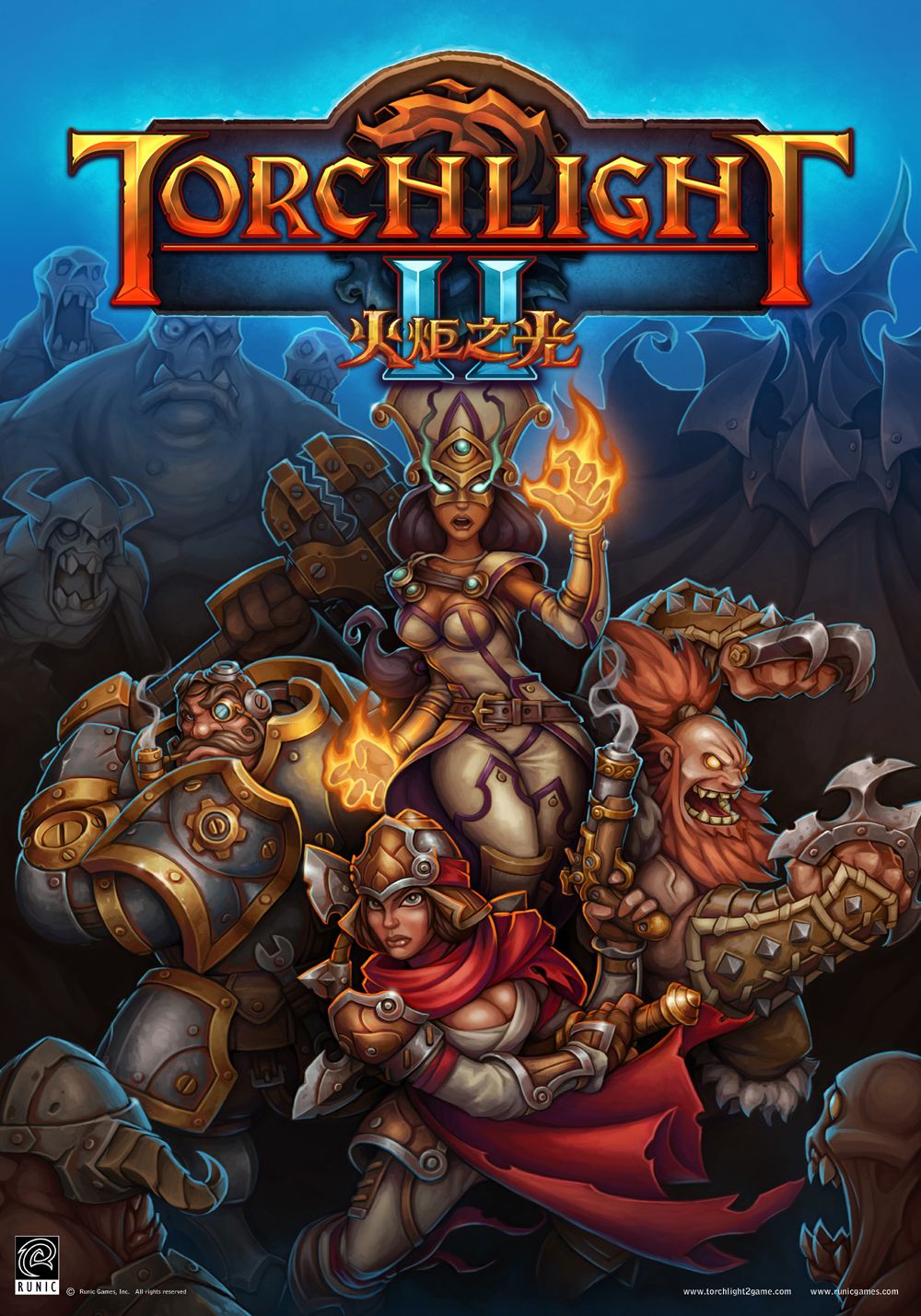Monday, April 15, 2013
You Are Not As Good As You Think You Are
I was asked by a guy who follows me on twitter what I thought about this article that just went up on Kotaku. It's written by someone calling themselves ANONYMOUS GAME DEVELOPER* (AGD) and the gist of the piece is that game developers- and thus games themselves- suffer because of the current power of the game publishers.
I figured I'd share my response here as a topic of discussion:
I agree with a number of AGD's theories about why modern games are tough to get right (i.e. AGD's write up on game's desire to be film vs. games was pretty spot on) but I reject the tired accusation that it's the publisher keeping game developers down. And I reject that accusation because of the classic line that I am sure you've heard before: you are worth what you can negotiate.
Period.
Don't like the way a publisher treats you?
Don't sign a contract with that particular publisher. Or if you do, make sure you have what you will and won't tolerate written into the contract.
And if your studio is not good enough to demand better deals and is not clever enough to secure alternate forms of financing (thus allowing you to bypass the publishers all together) then you deserve what you get.
I am very sympathetic to the article's core (it can suck being a dev when you feel your failure stems from forces out of your control)** but that is very much the whole 'every kid who plays gets a trophy even if their team loses' thinking.
AKA: This is business.
You want to be treated better? Sign a contract demanding it.
You are not able to get such a contract? Then improve your team until you can demand in the real world what you think you are really worth in your mind.
Because at the moment the real world is making something very clear to you. And that is this:
For the time being anyway, you are not as good as you think you are.
The people who fight against this and complain that the world is not fair are spinning their wheels and wasting their time. The people who embrace this truth can then decide to either get out of the business or put the effort into getting so good that they can pretty much write their own ticket. ***
David
* It would not surprise me if this was written by one of the editors and attributed to AGD. I have no inside info, just saying I could see this being the case.
** The idea that 'if it just wasn't for the stupid, interfering publisher we woulda had a hit/we woulda made something more artistic' is pretty tired. I'm not saying this is not the case in many instances. But in many other cases- as a guy who has worked for the publisher and for the developer- I can tell you that at least 50% of the time the developer just isn't good enough to make the great game they think they are capable of making, regardless of how much creative freedom they have.
*** In the majority of cases, when it comes to super expensive $40-$60 retail products, no matter how good a dev you are, you will still not get the best deal in the universe. This is because at that high price point marketing and brand still rule the roost because the number of people who follow quality over the siren's call of a flashy marketing campaign are not near enough to turn the tides. And a vast majority of game consumers would rather- understandably- have the comfort of knowing what they are getting for their $60 (i.e. sequels) rather than take a chance- at that same high price- on something that sounds interesting and has great reviews but is unknown. However, when you are talking digital games for $14.99 (and ideally less), talent can begin to demand amazing deals if they have the track record to back up their demands because core gamers- as always- will continue to follow the talented teams and average gamers will take chances at those lower 'impulse buy' price points. We will see this more in the coming generation of games as getting core games digitally stops being something that only the core gamers do and -with each passing year- becomes the normal way for all gamers to acquire new content.
Subscribe to:
Comments (Atom)
















